Wearables
Faculty Researchers
PhD Student Researchers
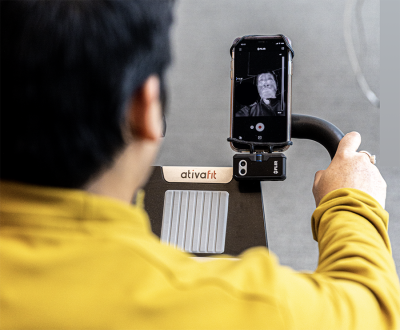
Thermal Camera Senses Breathing To Improve Exercise Calorie Estimates
NEWSAny fitness buff will tell you that the estimates of calories burned made by smartphones, smartwatches and other wearable devices vary wildly. That's because these devices lack the sensors...
![Vivian facilitating a demo at UIST 2023. [This image is from the official ACM UIST photo album]](/sites/default/files/styles/400px_wide/public/2024-04/UIST-demo.jpg?itok=X4E0Dldp)
HCII at UIST 2023
NEWSThe 2023 ACM Symposium on User Interface Software and Technology (UIST) was held in San Francisco, California from October 29 to November 1, 2023. ...

Smartwatches Could One Day Help Diagnose ADHD in Children
NEWSSmartwatch sensor technology developed by Carnegie Mellon University researchers could help doctors make more accurate diagnoses of attention deficit hyperactivity disorder (ADHD)....
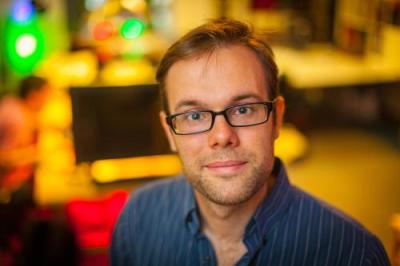
Harrison Earns Lasting Impact Award for Turning Everyday Surfaces Into Touch Screens
NEWSGood technology takes time to get right. When widespread use of touch screens skyrocketed around 2007, for example, the research had been underway for roughly 50 years....
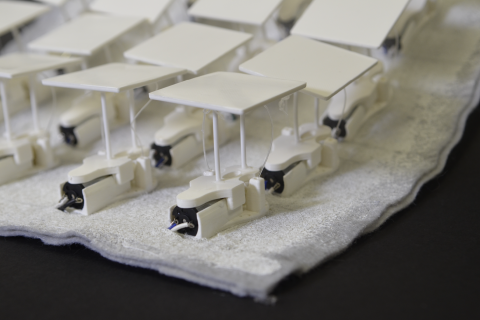
ReCompFig
PROJECTFrom creating input devices to rendering tangible information, the field of HCI is interested in using kinematic mechanisms to create human-computer inter...
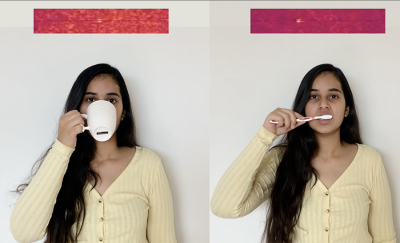
SMASH Lab Uses Wearables To Train New Privacy-Preserving Sensors
NEWSData about home sales likely won't help someone looking for a car, just like information about basketball won't help someone playing baseball. ...
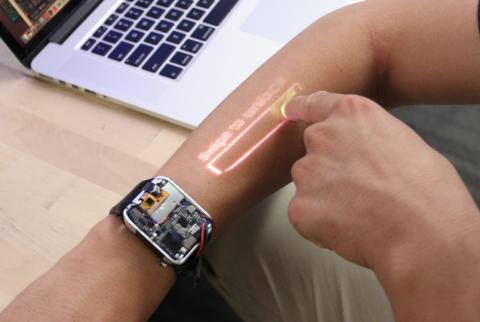
LumiWatch
PROJECTWhile smartwatches are convenient, there is a limit to their functionality due to their small interfaces. Enter LumiWatch. ...

